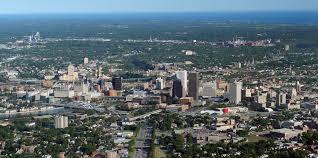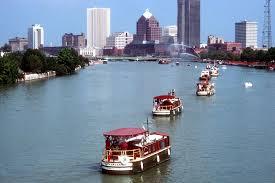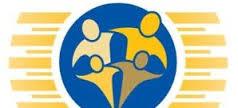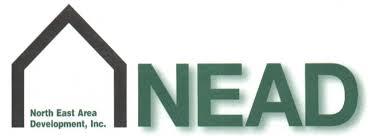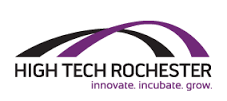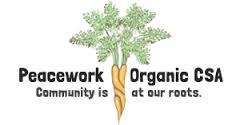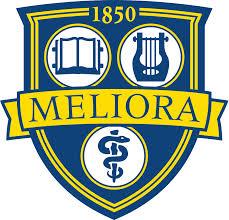Posted September 2015
Chartered in 1834, Rochester grew in the mid-19th century as the flour mill industry developed along the Genesee River. As America’s wheat processing industry moved west, the city’s moniker changed from “Flour City” to “Flower City” thanks to its growing nursery businesses. Rochester’s industrial base diversified after the Civil War, when immigrants launched enterprises including Eastman Kodak and Bausch & Lomb, helping the city to reach its peak population of nearly 332,500 by 1950.
Similar to other rustbelt cities, Rochester’s population fell as U.S. manufacturing declined. According to Census estimates, Rochester’s population in 2013 was nearly 210,360, making it the third most populous city in New York State. While the city’s population in 1950 was predominantly white, with Caucasians representing nearly 98 percent of the total, today the city is much more diverse—roughly 38 percent white, 42 percent African American, 16 percent Latino, and 3 percent Asian residents.
Home to several universities, Rochester today is an international center of higher education and medical and technological development. However, Rochester also faces a host of challenges. Most notably, among the nation’s 75 largest metro areas, Rochester ranks as the fifth poorest city in the country; among comparably sized cities, it ranks the second poorest. Rochester’s children are disproportionally affected—nearly half of all Rochester children (48 percent) are considered poor.
In 2014, Lovely Warren was elected mayor, becoming Rochester’s second African American mayor and its first female mayor. The Democracy Collaborative is currently working with the City to assess the feasibility of developing employee-owned businesses, linked to anchor institution procurement, as a tool to address poverty, create jobs, and build wealth in low-income communities.
City nonprofits and neighborhood groups are also playing a key role in community wealth building. For example, North East Area Development played a lead role in renovating a former plastics manufacturing plant to accommodate a new, year-round school focused on fostering reading and conflict resolution skills. It has also opened The Freedom Market, a community-owned store that enables area residents without access to transportation to access healthy food, and in 2013, it added a Café that provides workforce development and employment for area residents.
Similarly, area anchor institutions are playing an important role in addressing serious community issues such as poverty. For instance, with assets of $310 million, the Rochester Area Community Foundation is currently working towards two goals: 1) supporting community and economic development efforts focused on addressing poverty, and 2) strengthening the region’s vitality.
A review of these and other community wealth building efforts follows:
